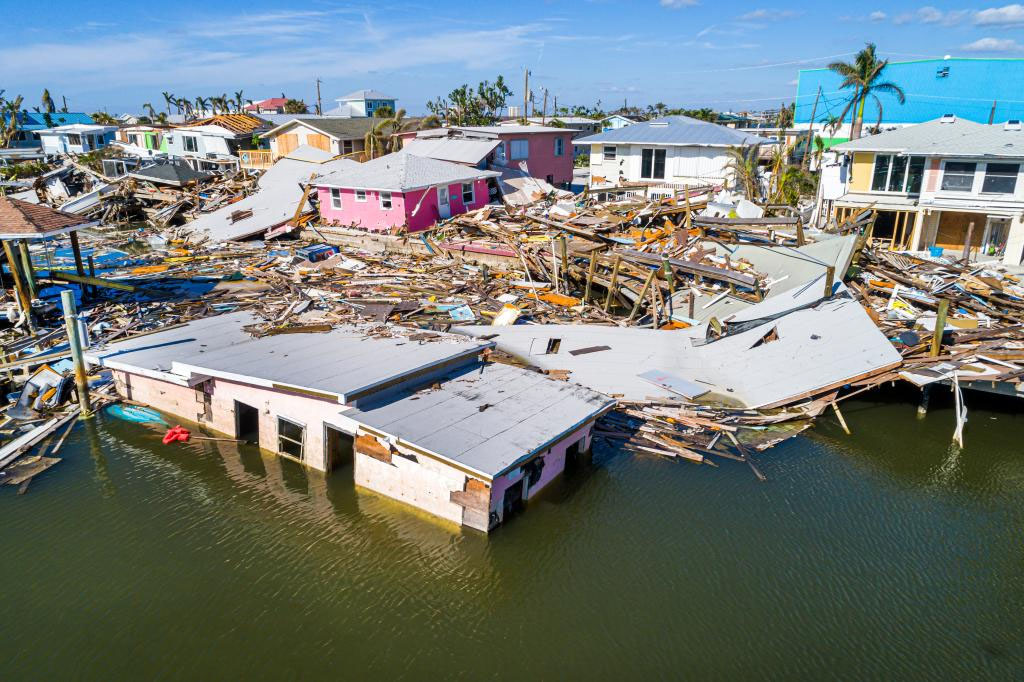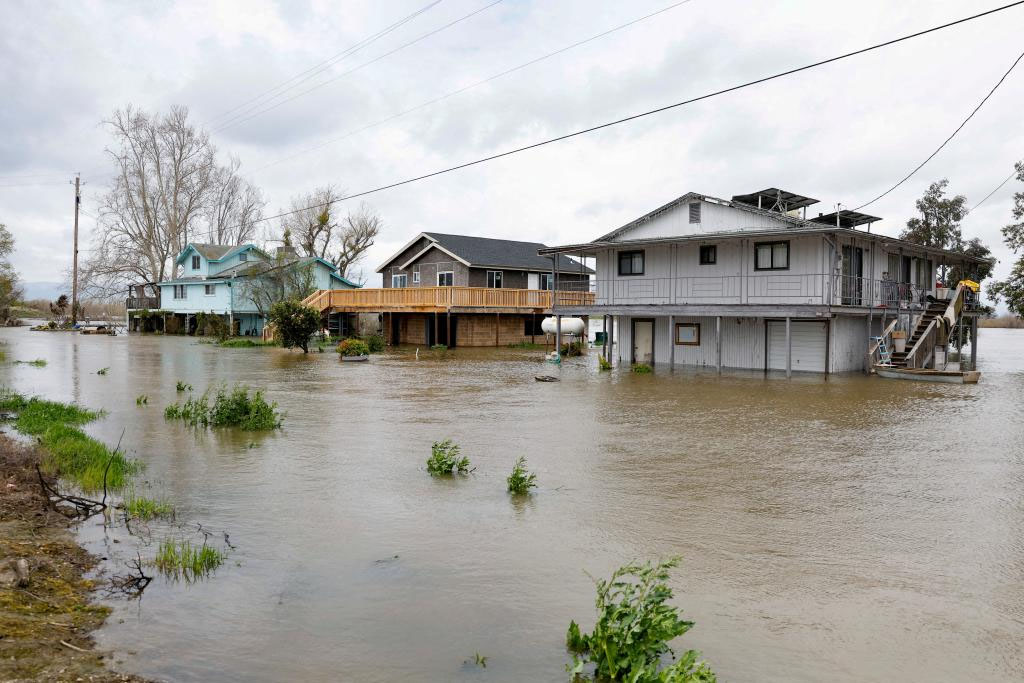The mortgage market is underestimating the systemic danger presented by floods, according to a “Big Short” investor who correctly forecast the 2008 housing collapse. This investor is concerned that history may repeat itself.
While working for Cornwall Capital in New York, Dave Burt, CEO of the financial research firm DeltaTerra Capital, profited millions off the subprime mortgage crisis.
Later, Michael Lewis’ best-selling book “The Big Short,” which described the events leading up to the 2008 economic crash, included a feature of Cornwall’s achievement.
Burt asserted that he thinks the mortgage market is ignoring floods as a possible trigger for another home catastrophe more than 10 years later.
According to DeltaTerra’s research, 20% of US properties may have “meaningful exposure” to a flooding-related mispricing issue, which may reduce the housing market’s value by up to $800 billion from the $45.3 trillion it was estimated to be worth in 2022.
In the aggregate, “we think of this repricing issue as maybe a quarter of the size and magnitude of the [global financial crisis], but of course very, very damaging within those exposed communities,” Burt said over the weekend to CNBC.
If lenders fail to recognise the possible consequences of flood hazards, Burt cautioned that a price correction similar to that of 2008 is imminent.
Homes destroyed by flooding have a value that is drastically lower than it was before to the climate disaster, which increases the chance that mortgage borrowers won’t be able to repay their loan.
“In the end, we’re generating new difficulties every day until people have adequate knowledge about what these climate-related expenses will look like. That, in my opinion, is the key issue, he stated.

In April, he spoke with CNBC about his concerns about impending flood dangers.
He told the newspaper via videoconference: “I’m constantly on the watch for these large systemic concerns and there’s a couple reasons for it.
“If something is mispriced, then as an investor, which has been my job for most of my career, your main opportunity to add value is to identify something that is either too cheap to purchase for your clients or something that is too expensive to sell for your client,” he continued.
The most frequent natural catastrophe to occur in America is flooding, and he identified single-family houses as being the most vulnerable sorts of structures.
The third-costliest hurricane in US history, according to the National Oceanic and Atmospheric Administration, Hurricane Ian made landfall in September and caused more than $100 billion in damage. Burt used this hurricane as an example.
Hurricane Ian exposed gaps in Florida homeowners’ flood insurance, with several residents squabbling over settlements that didn’t cover the cost of damage to their houses, which were rendered uninhabitable as a result of the flood.
“When you buy a home, one of the most important considerations is the cost of maintaining that home, and I think so many important decisions are made based on that,” Burt said to CNBC.
Burt’s remarks were made at a period when monthly house sales were erratic.
Sales of brand-new single-family houses in the US reached a 13-month high in April.
According to the Commerce Department, new house sales rose 4.1% last month to a seasonally adjusted pace of 683,000 units, the highest figure since March 2022.
A continuous lack of previously owned homes on the market was blamed for the increase.

However, according to sales, inventory, and months’ supply statistics showing rates more akin to what they were in January 2018, prior to the pandemic, this month’s sales pace was lowered lower to 656,000 units.
Because they are recorded at the time of contract signing, new house sales serve as a leading indication of the housing market. They have a reputation for being erratic from month to month.








































